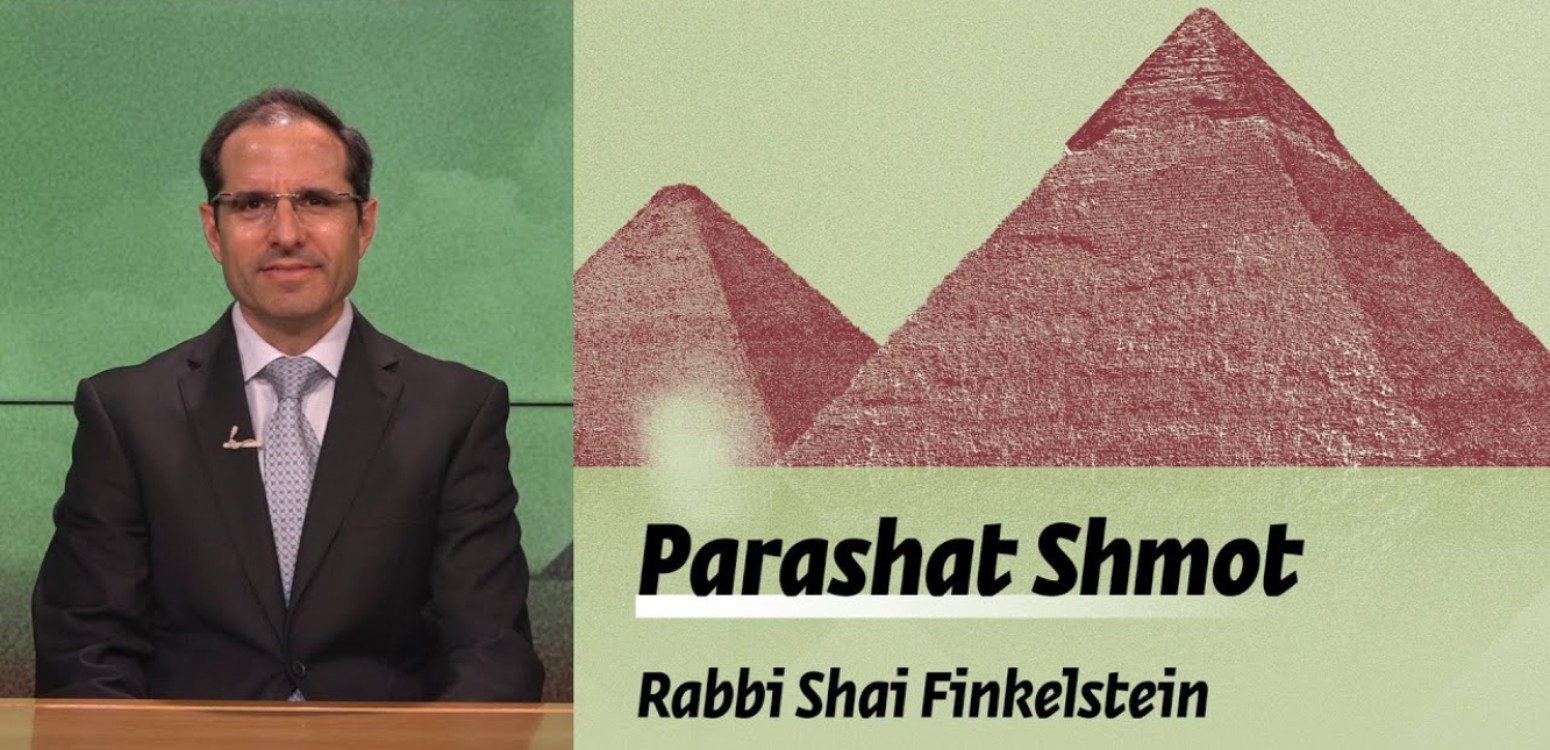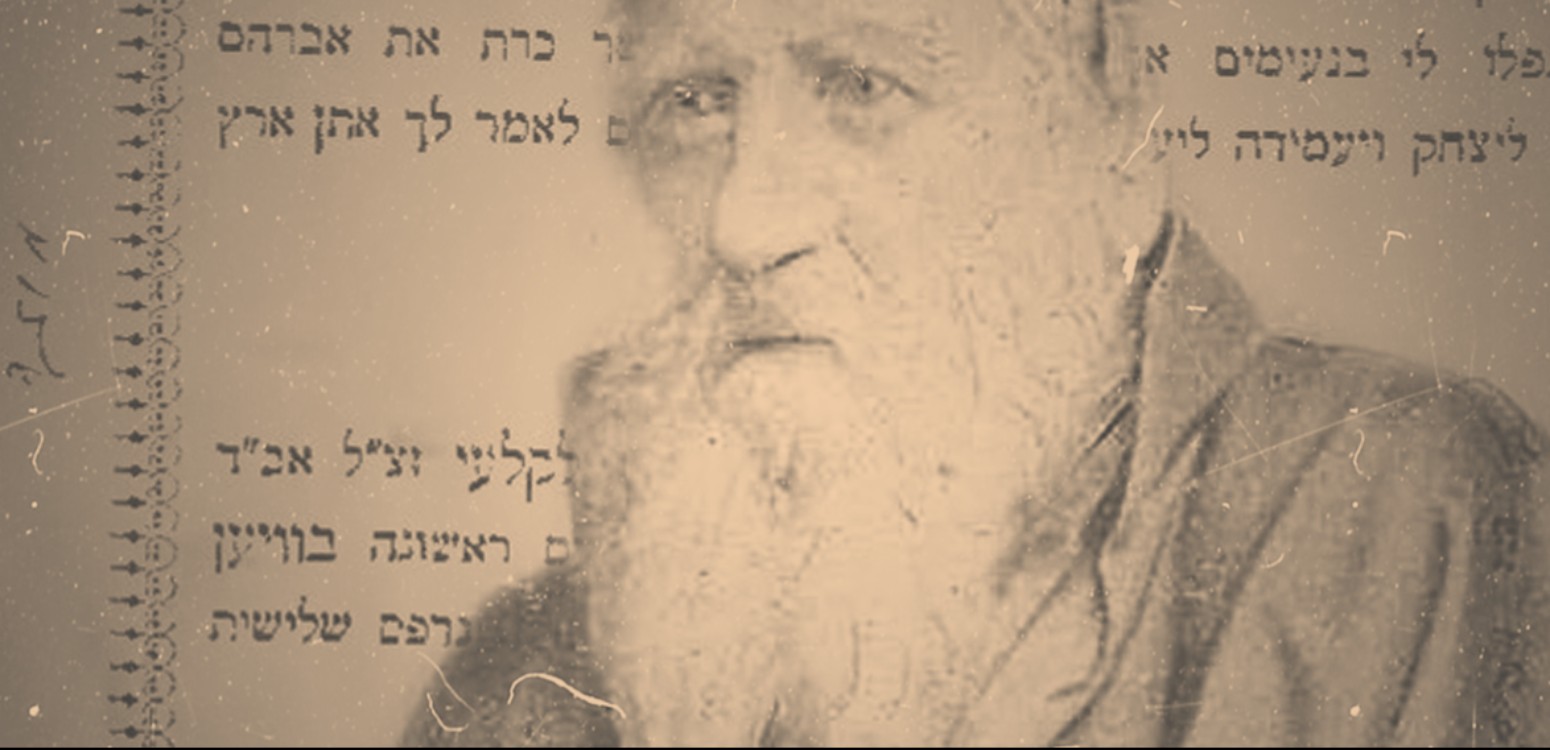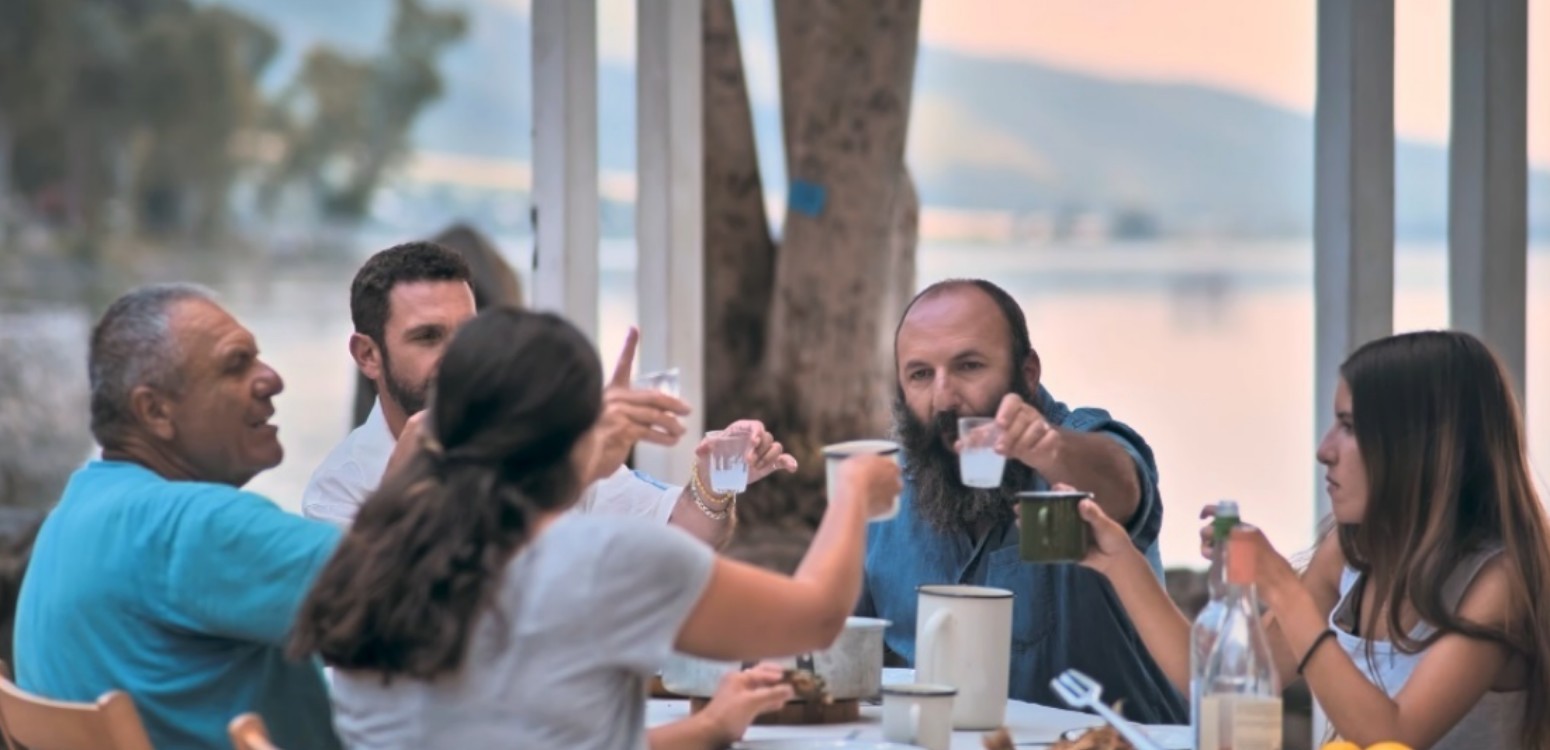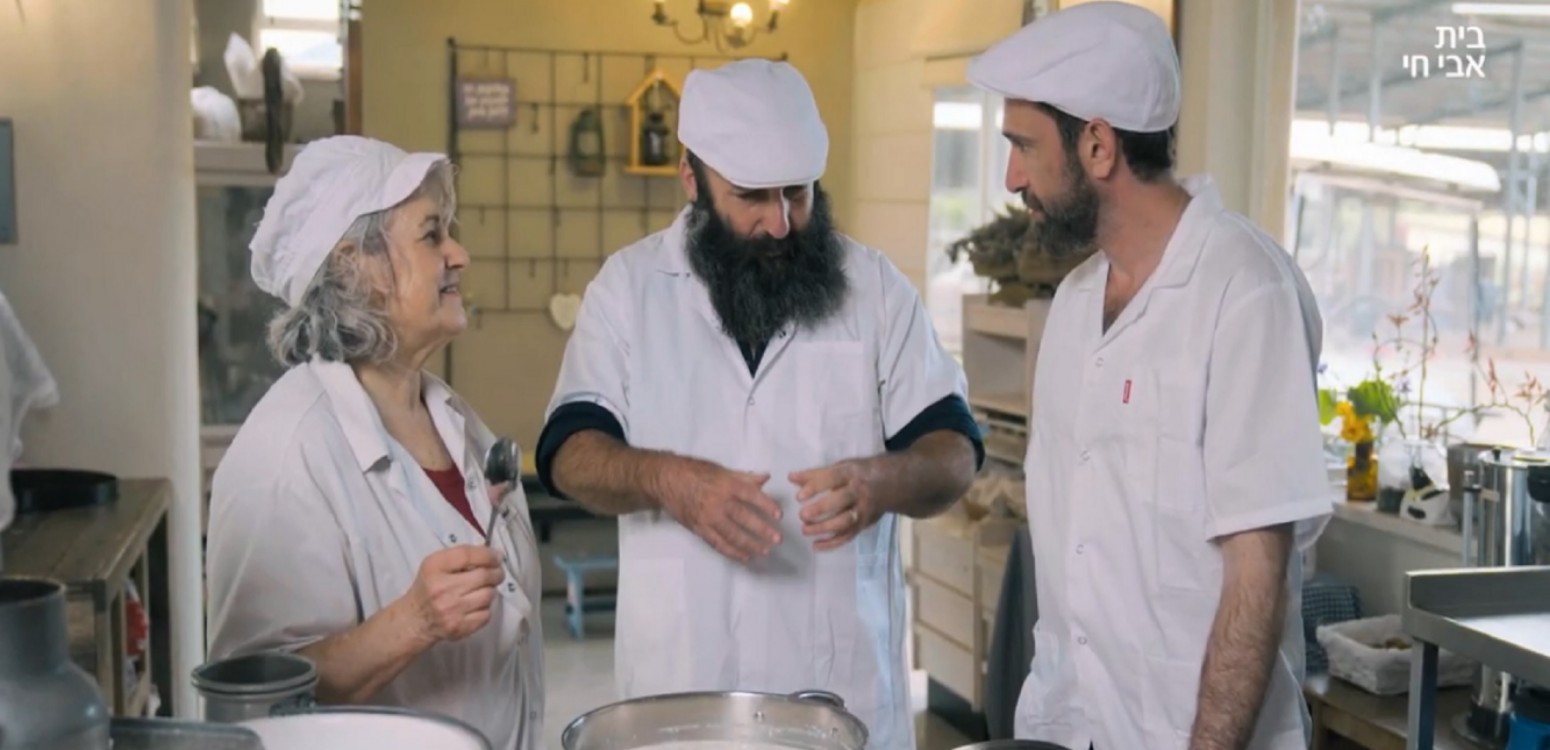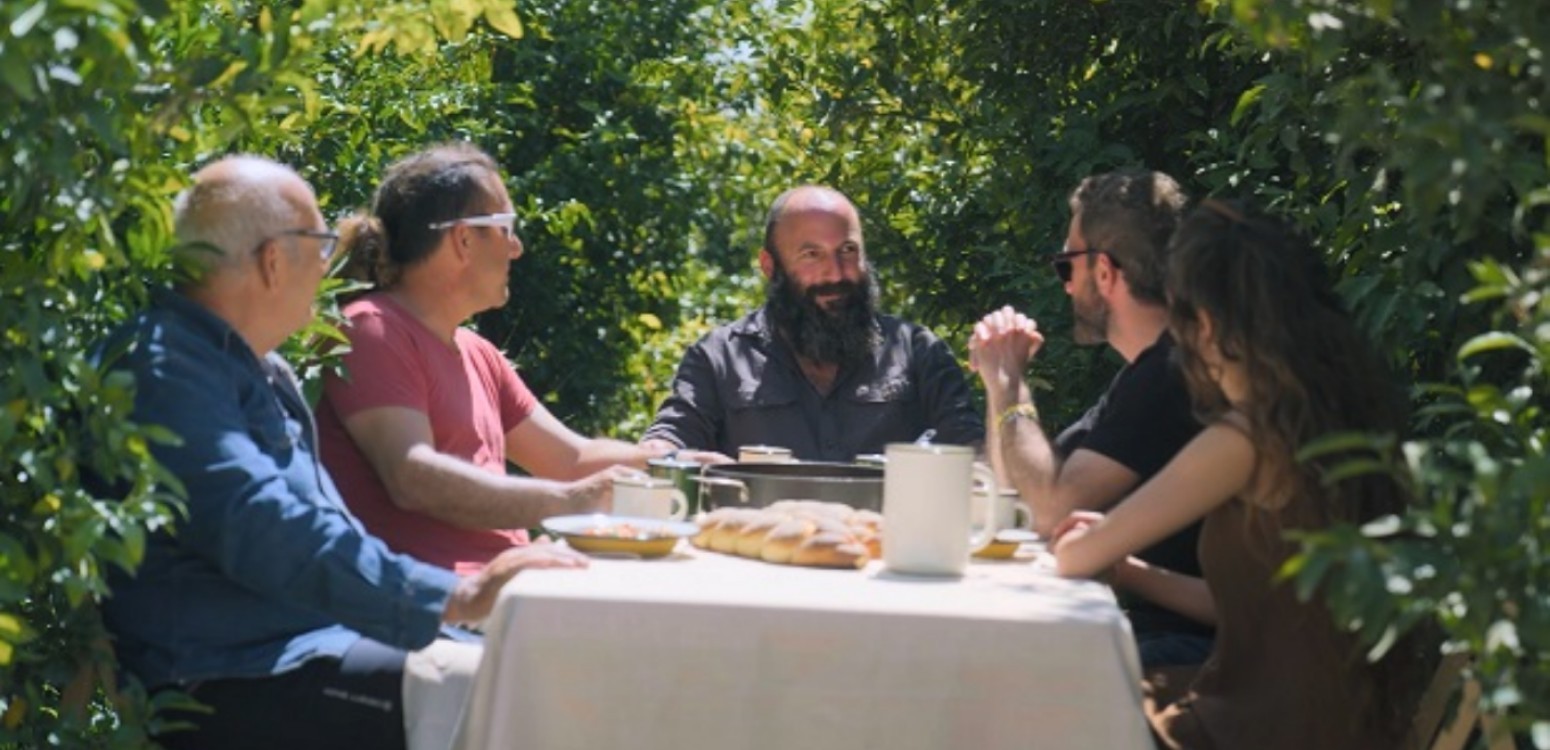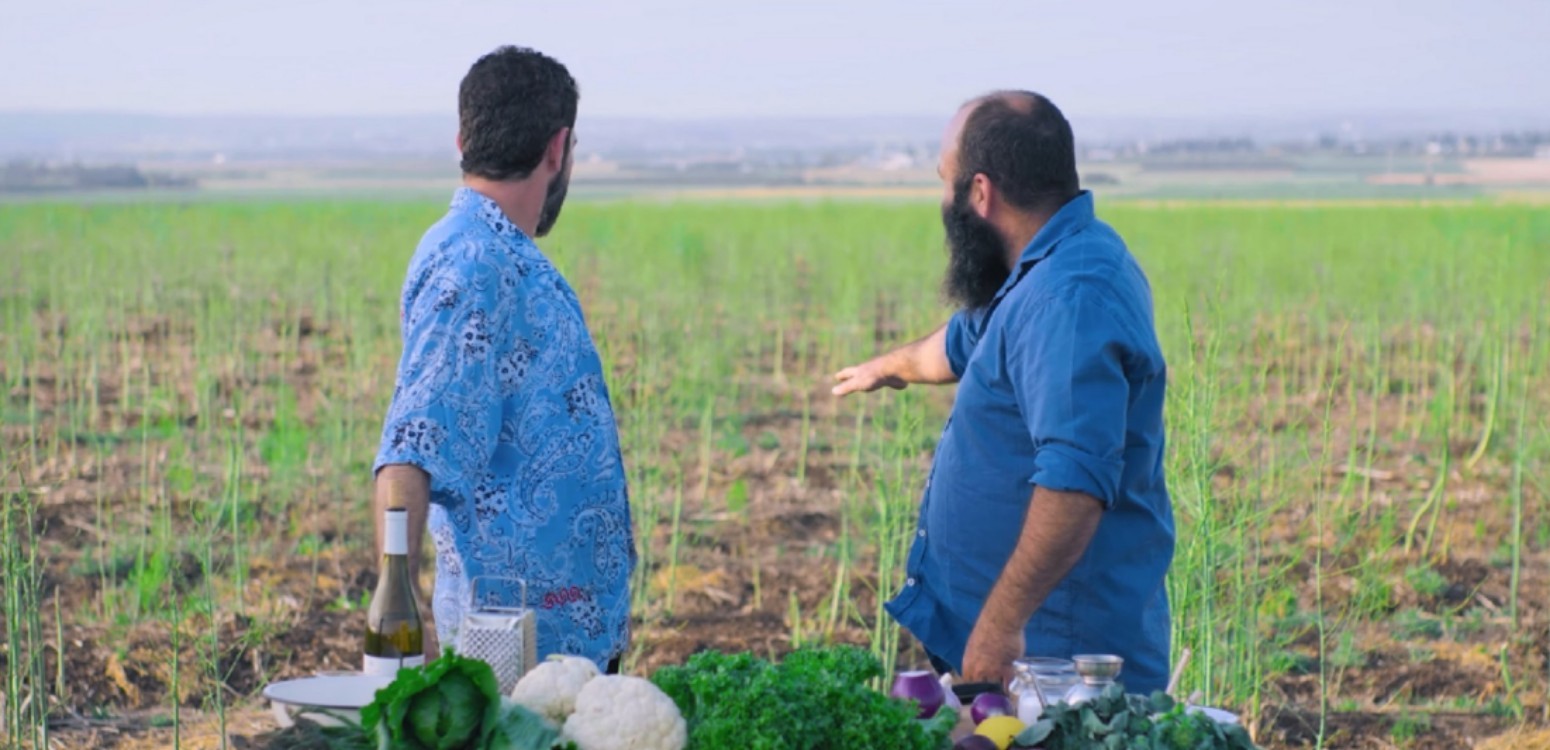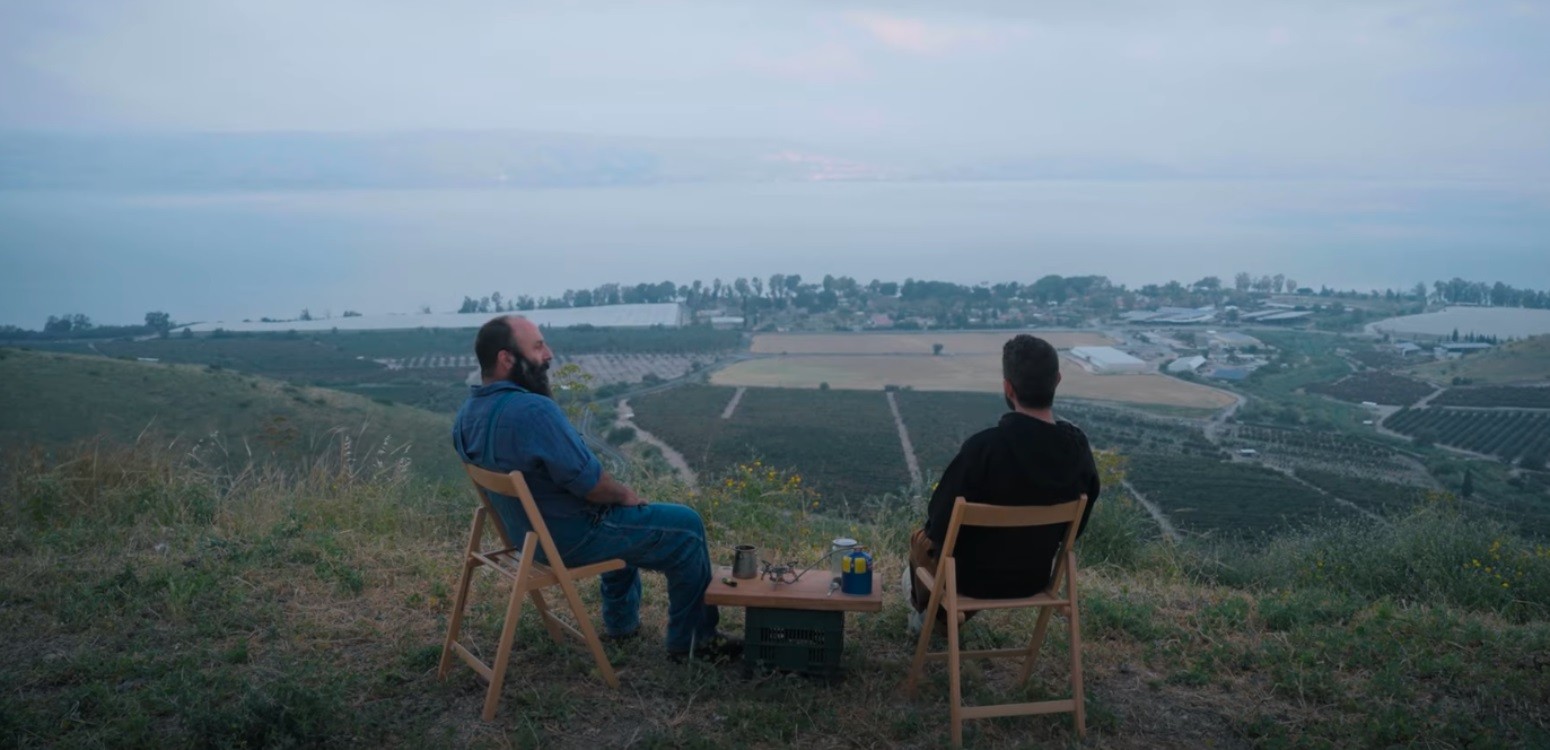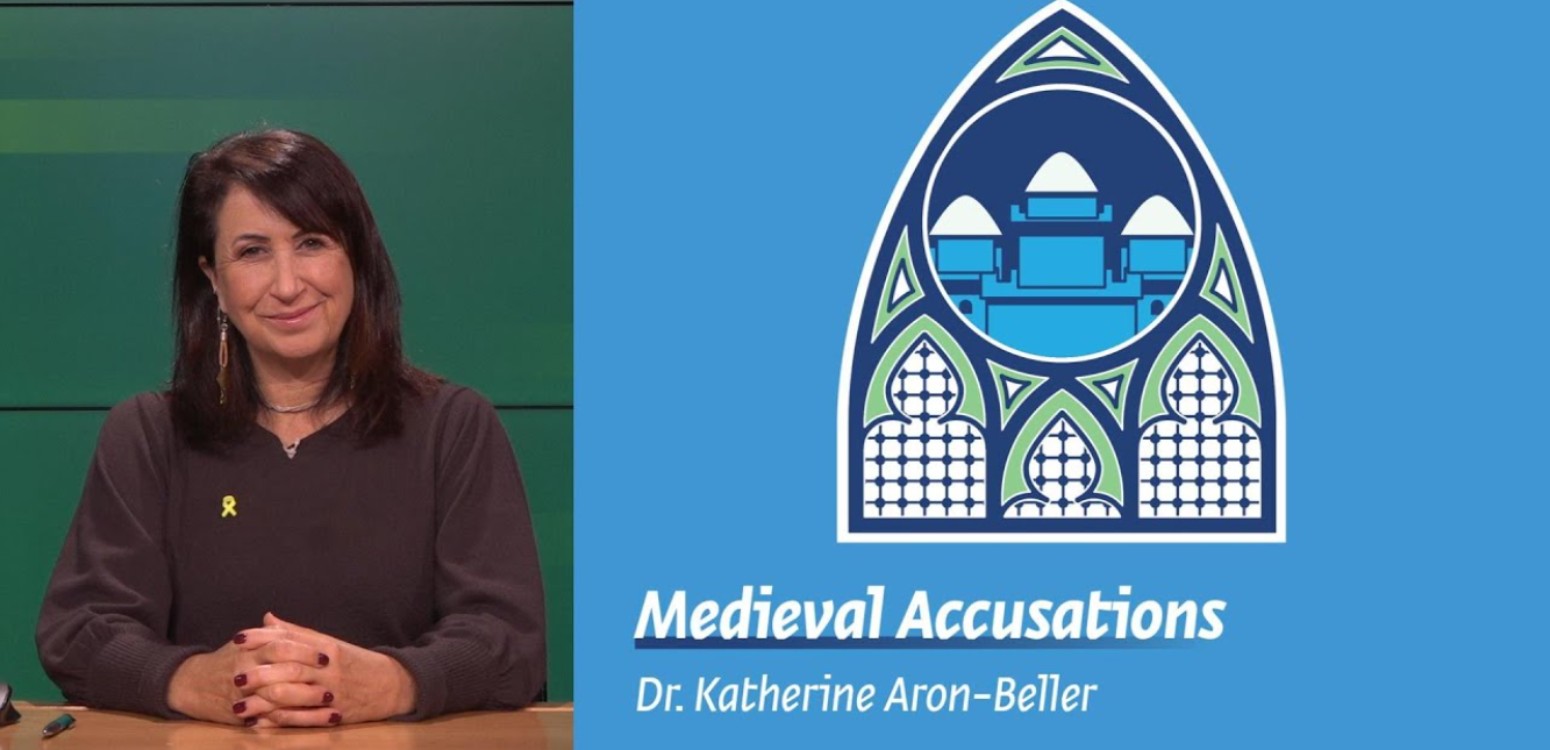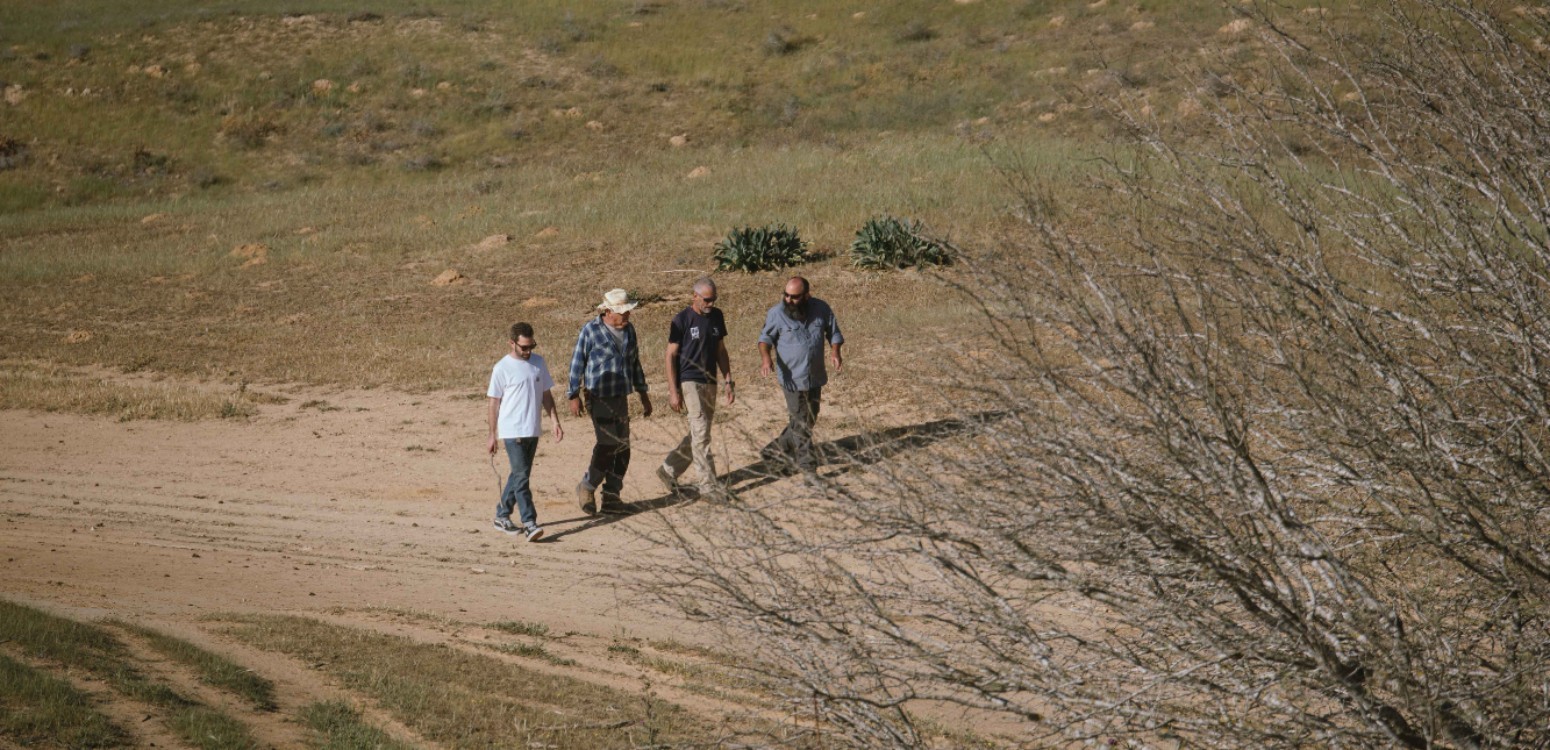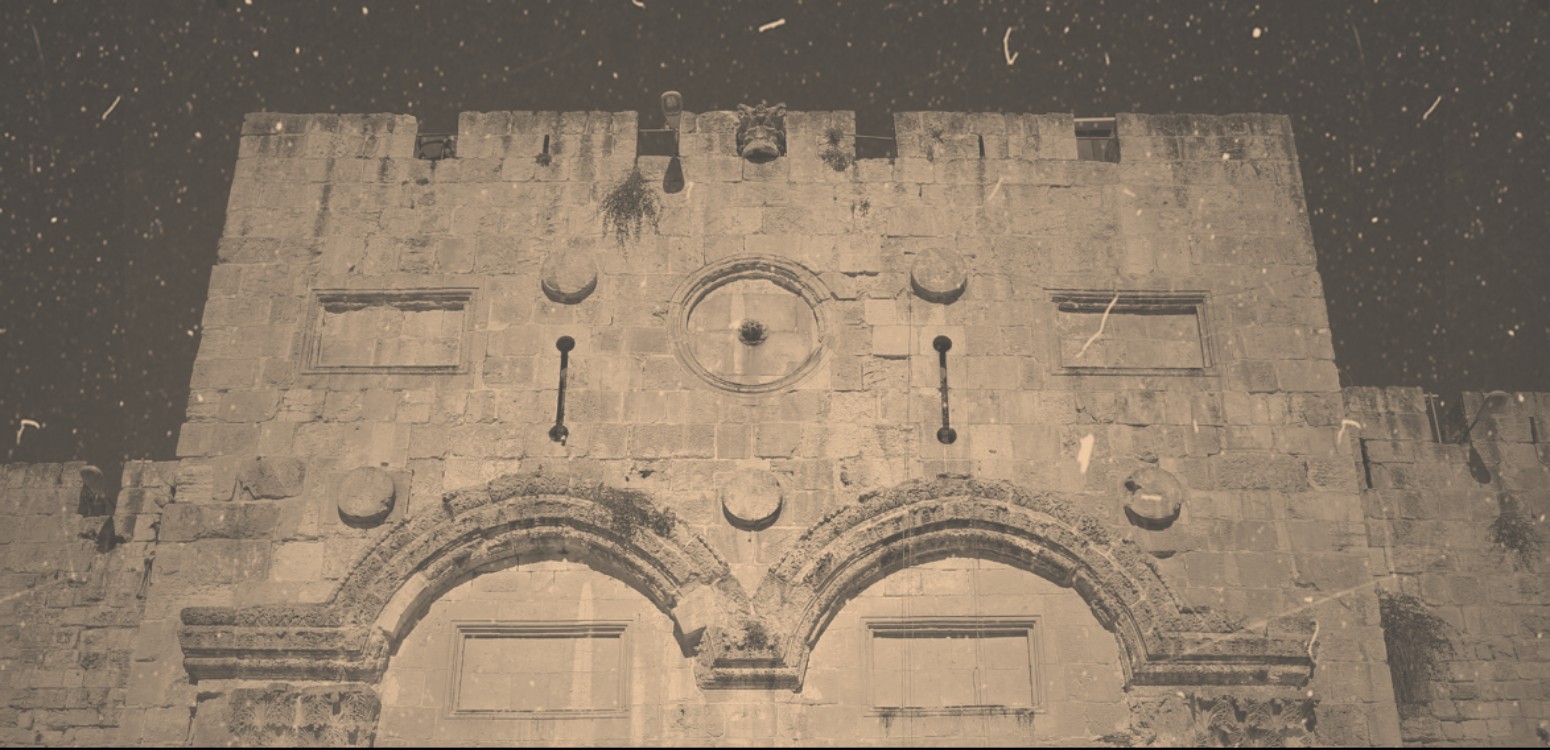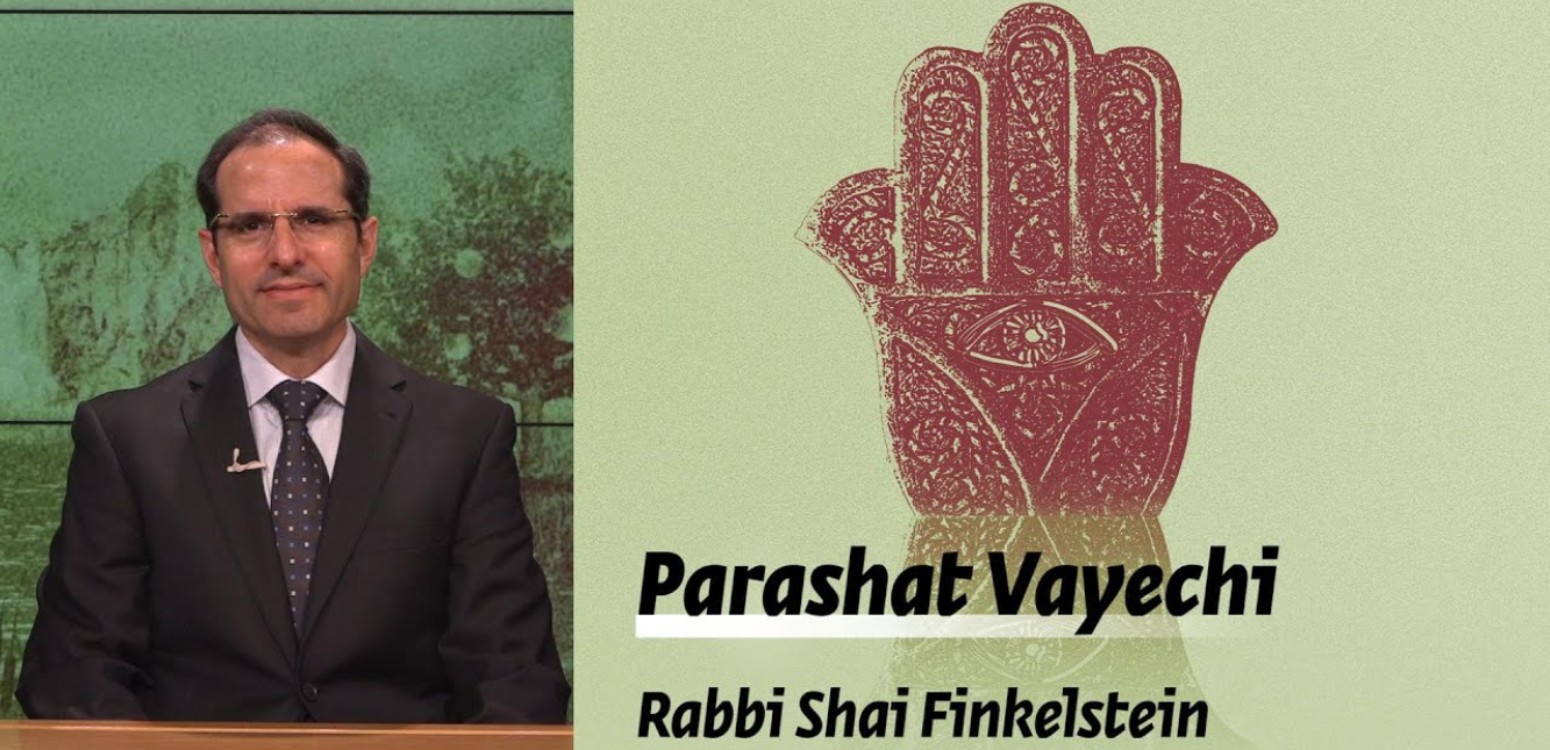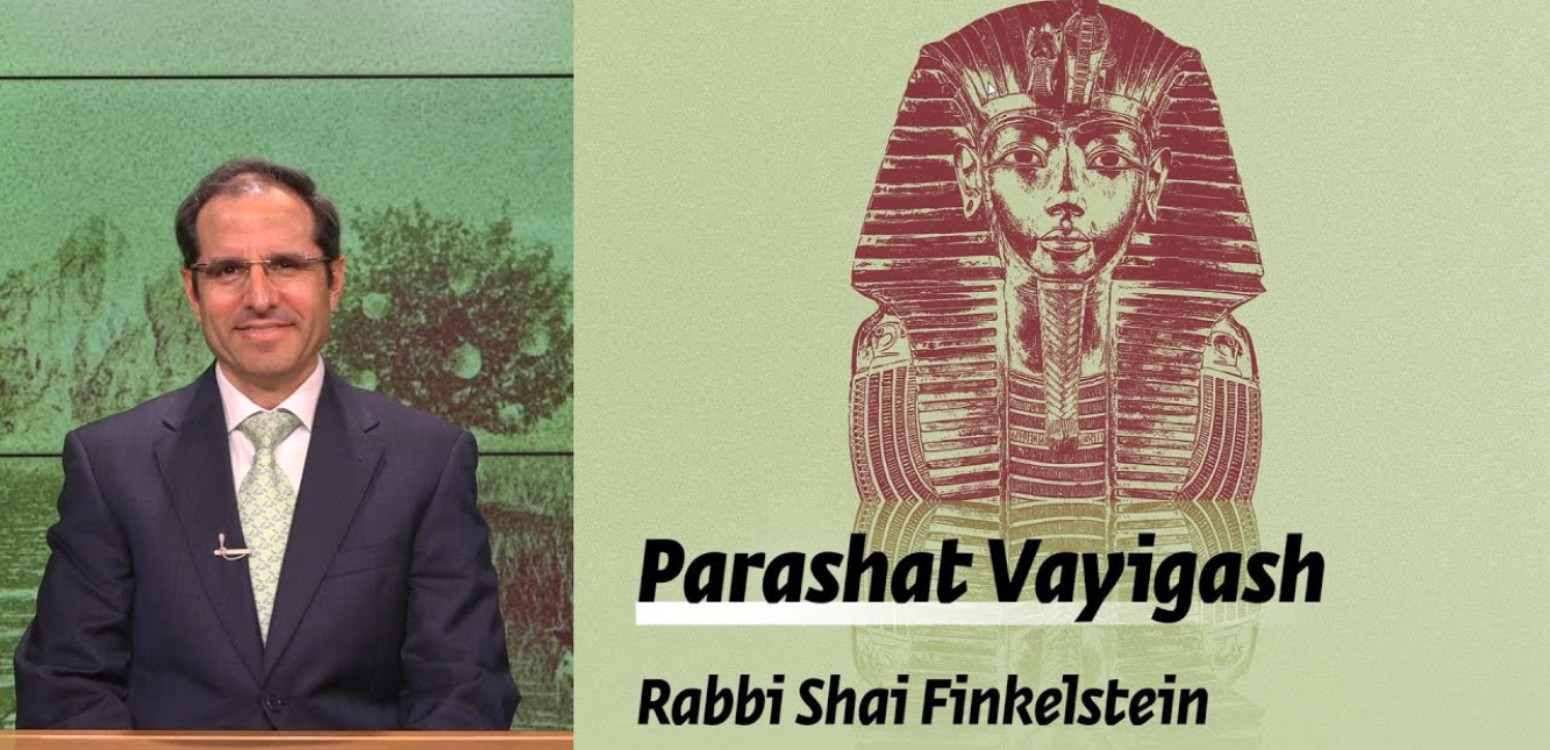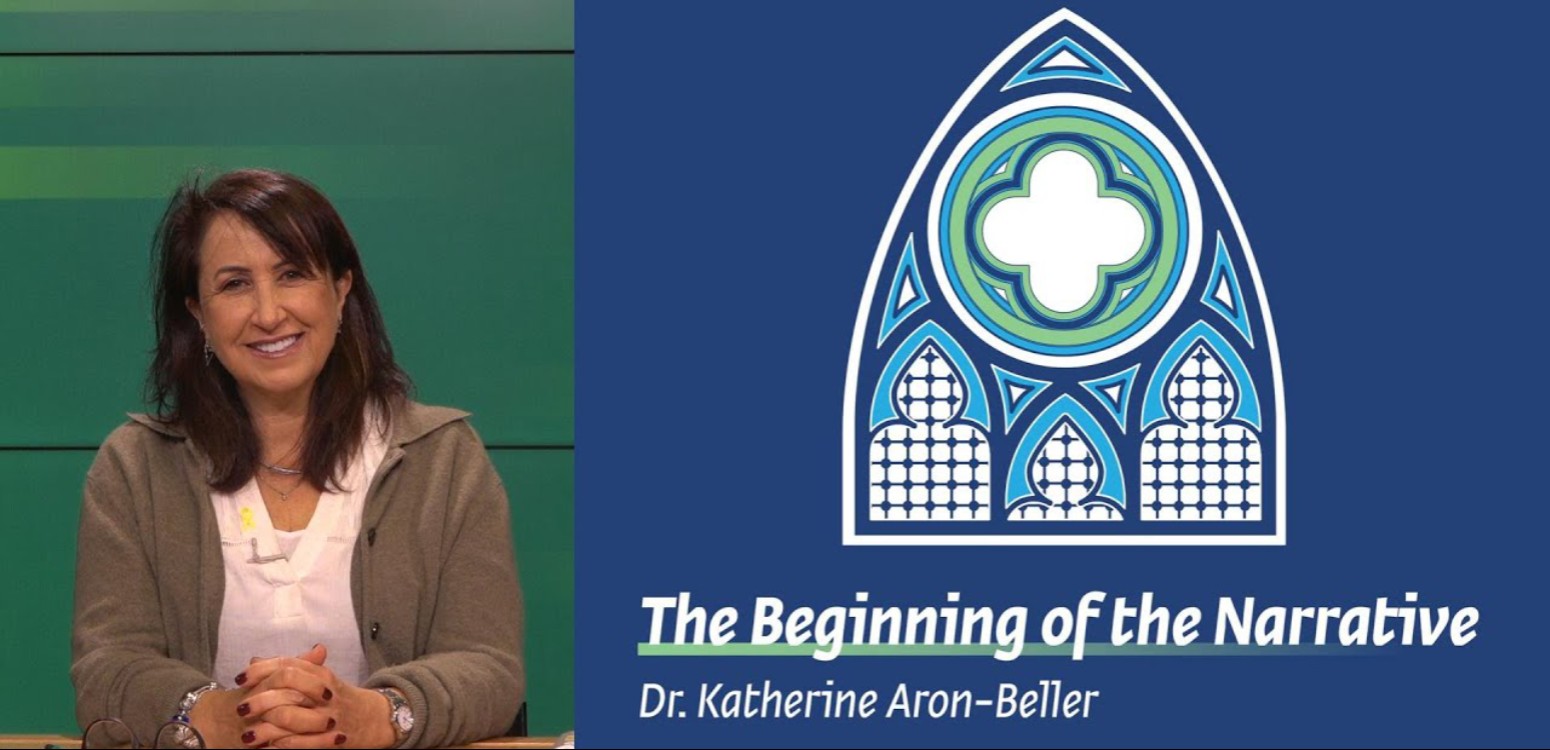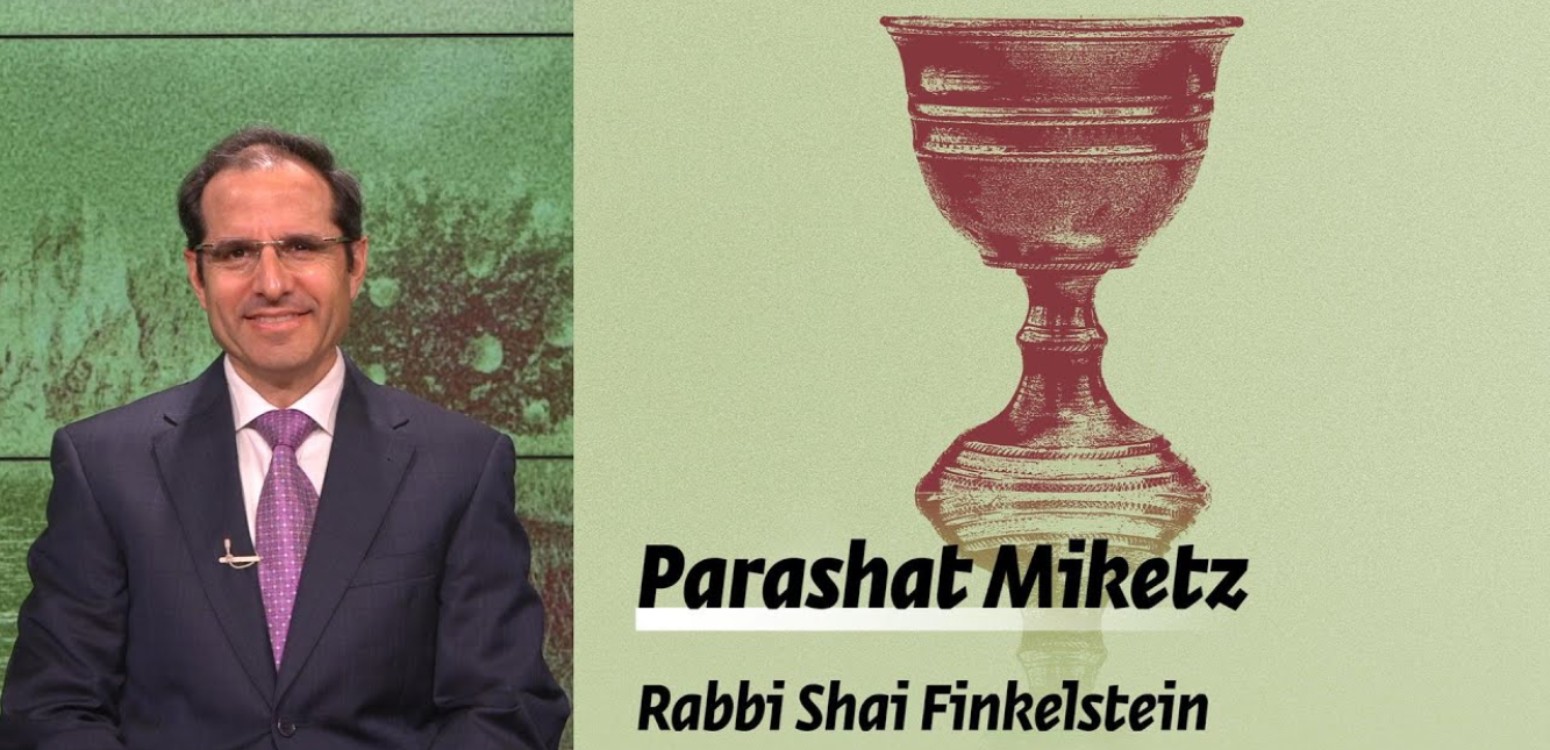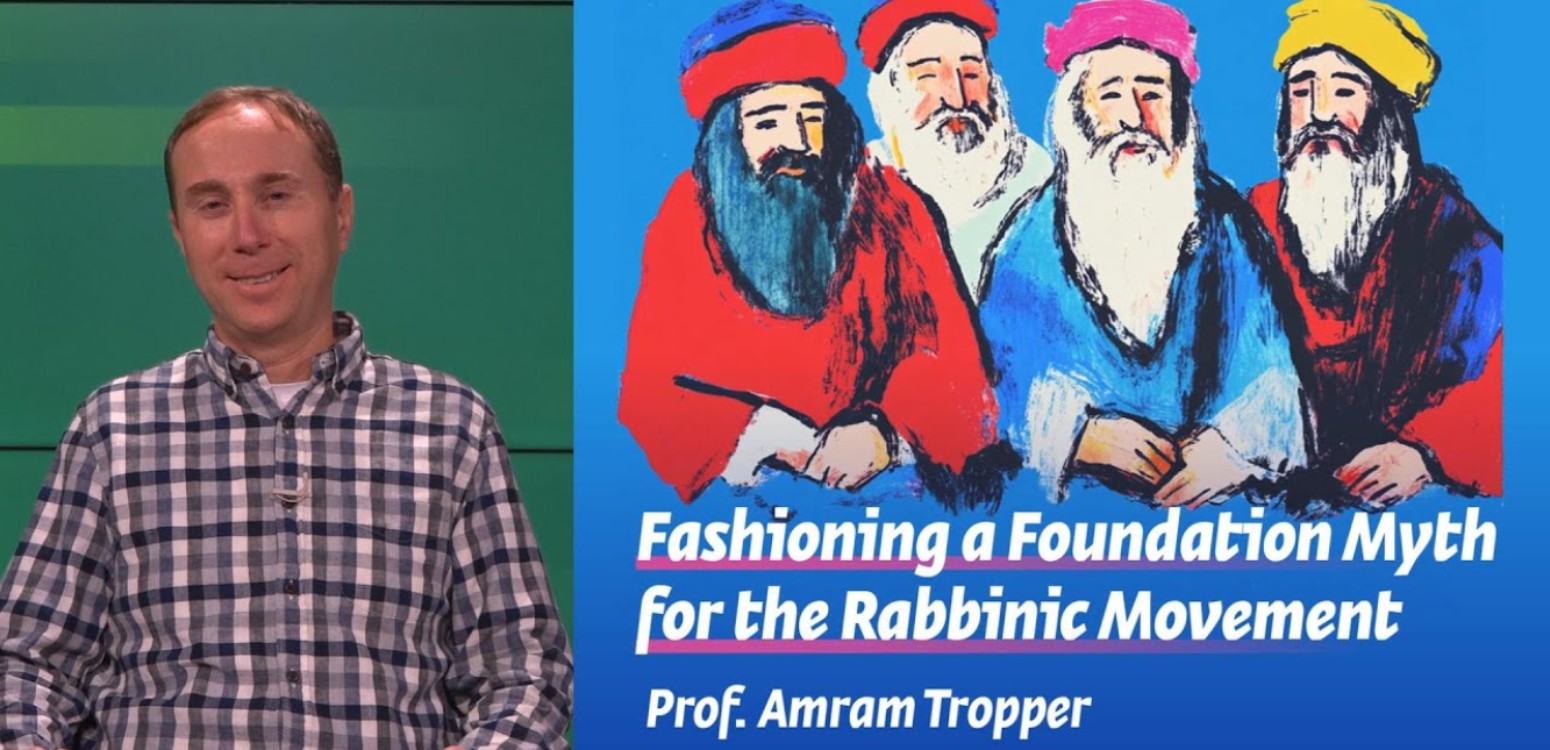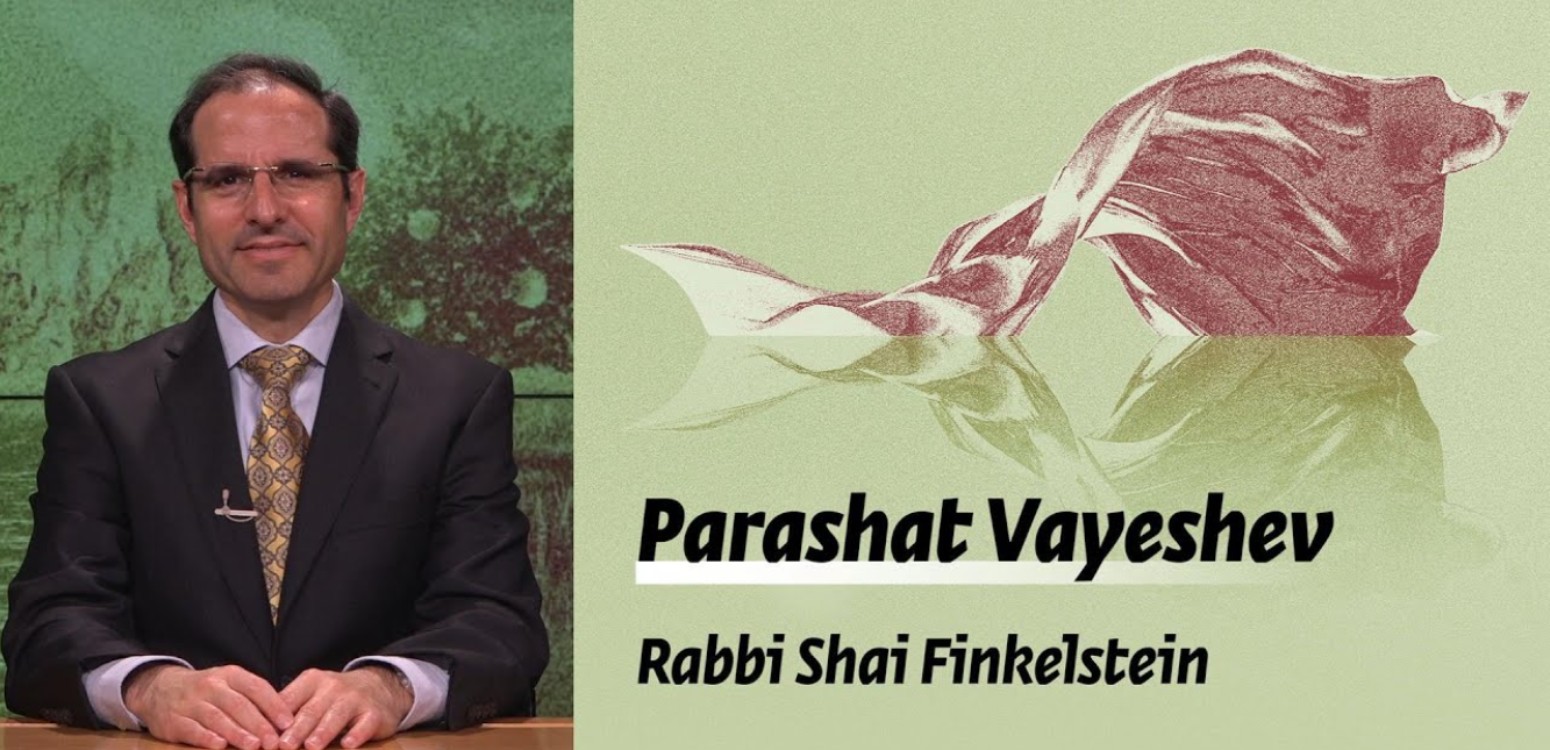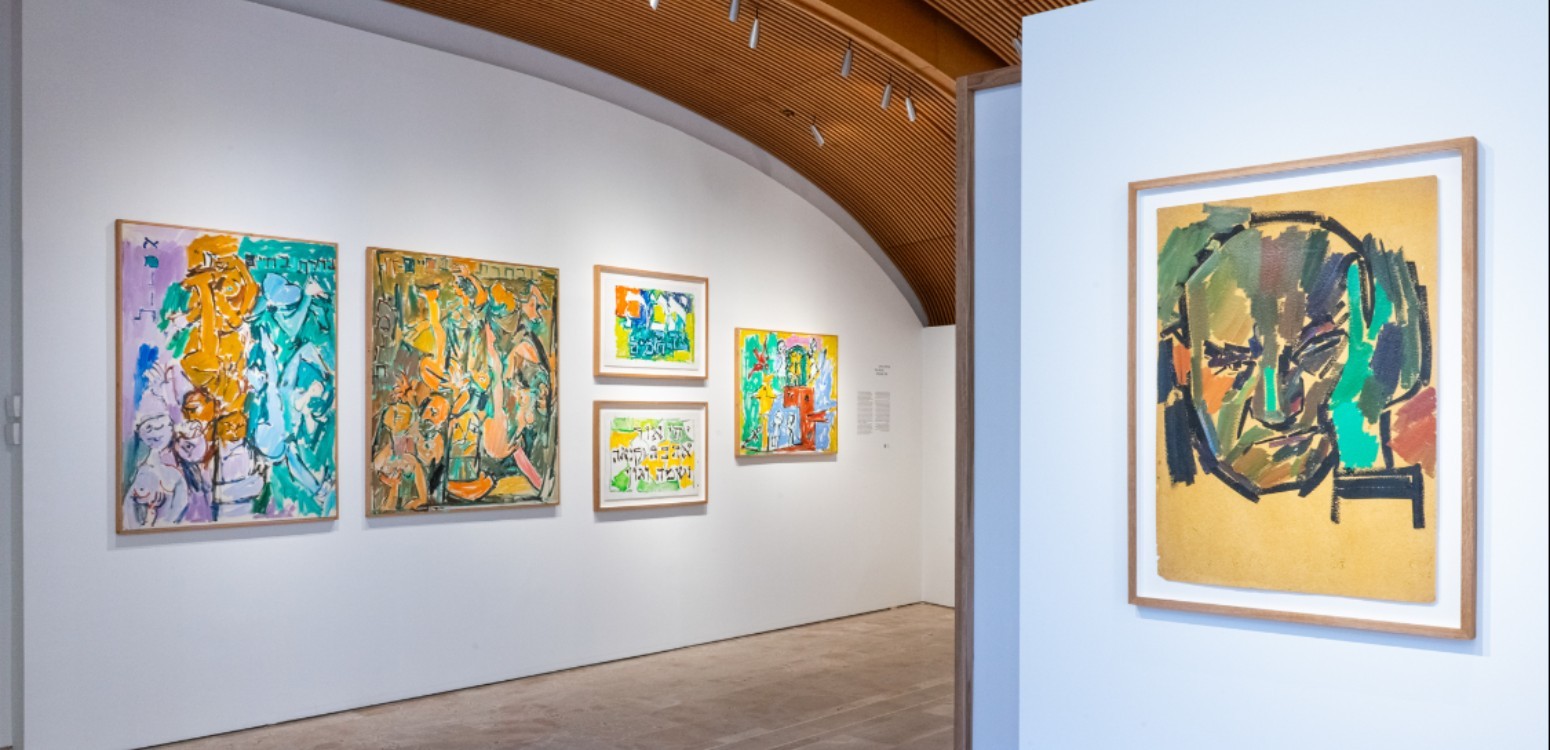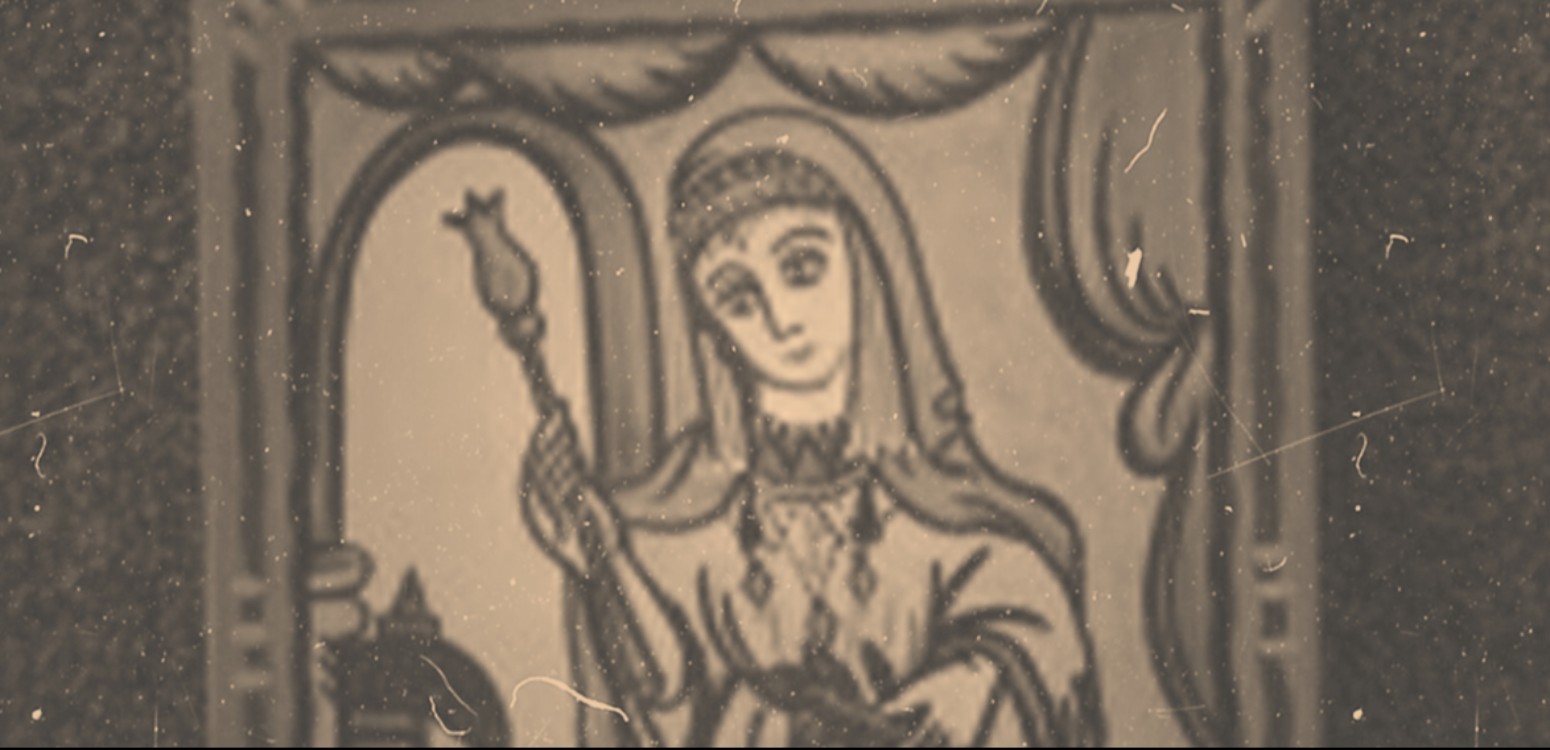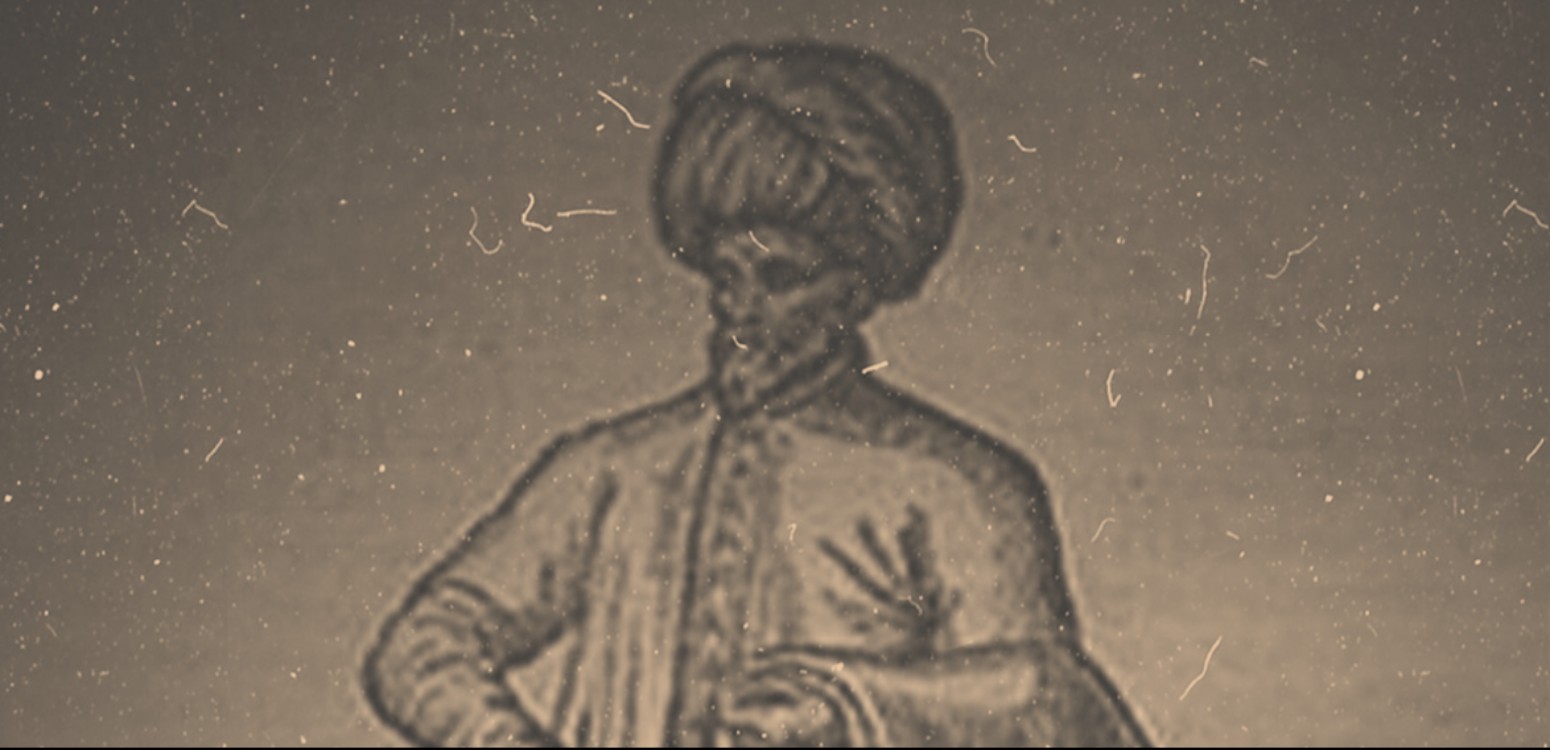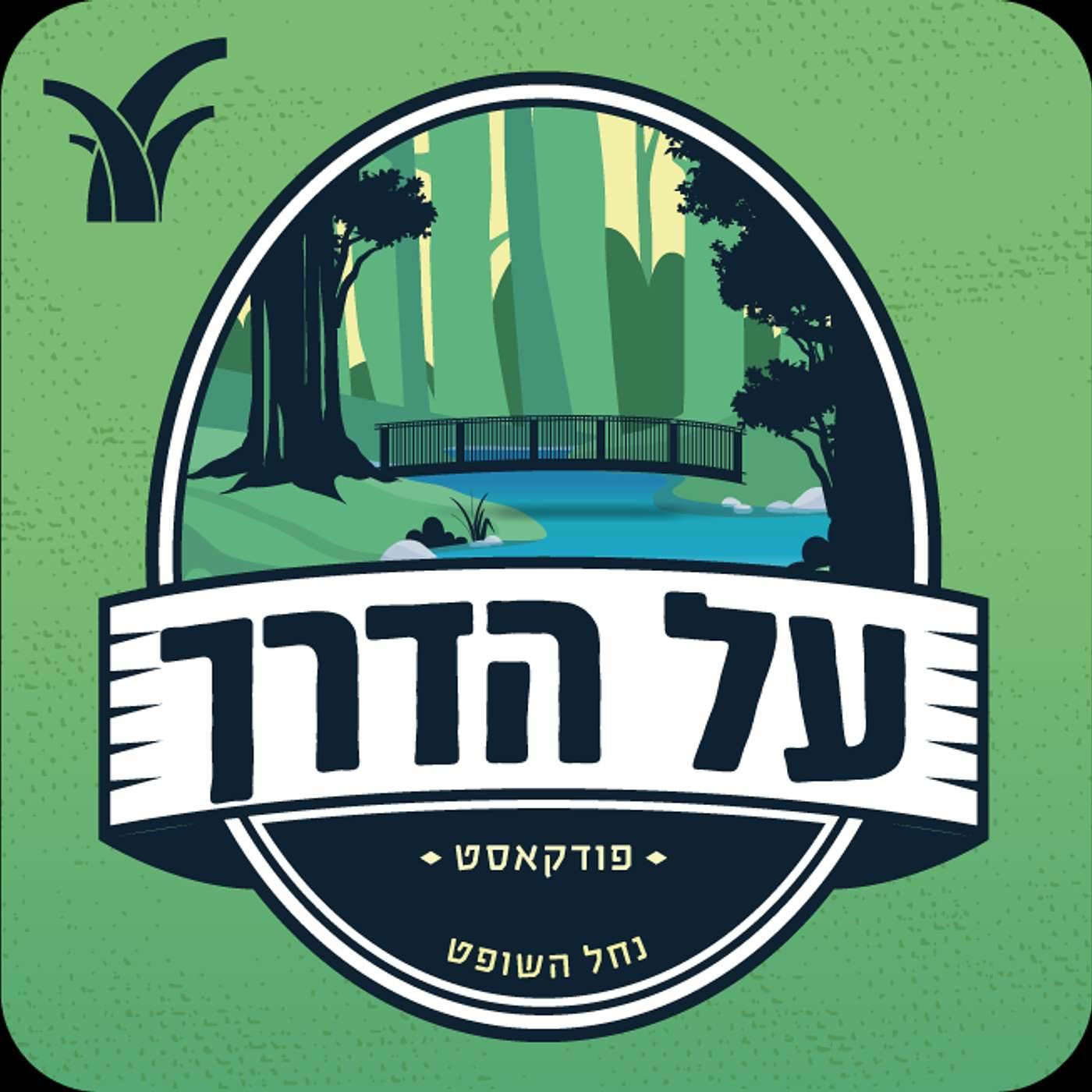
1953 years ago, Roman forces under the command of future emperor Titus Caesar Vespasianus sacked Jerusalem, razing the Second Temple and ending the sacrificial tradition that dominated Jewish religious practice for over a millennia. For many Judeans, it was an irreparable rupture, equal to destroying Judaism.
But for Prof. Isaiah Gafni, the Sol Rosenbloom Chair of Jewish History at Hebrew University, it was only the beginning of a process of reconstruction which saw the genesis of modern rabbinic Judaism. This fundamental reconstruction of Jewish practice shifted the focus from sacrifice to prayer and textual study which defines contemporary Judaism.
In his upcoming lecture series, ‘The Impact of the Destruction of the Second Temple’, Prof. Gafni argues that the loss of Judaism's religious center, of the practical frameworks of Jewish life, the authority structures that regulated Jewish behavior on a daily basis was accompanied by the implementation of bold spiritual and practical solutions, with innovative steps taken by Jewish leaders that were ultimately embraced by much of the nation.
In the Mishnah, the seminal work of rabbinic Jewish jurisprudence, the post-destruction rabbis lamented that an iron wall had descended to separate Israel from God: “It means we cannot communicate, our access has been severed.”
It sounds very serious, except one finds that other people simply reinterpreted this connection. With a bit of creative textual work, the word for “separate” can be understood as “ending”, implying that the barrier between God and his people had actually simply been removed.
“And then you have something very radical, that the destruction of the Temple in fact removed the barrier between Israel and God. When you look at these nasty statements about priests in the late Second Temple period, you realize what they are saying,” Prof. Gafni argues, framing the rabbinic dispute as part of the shift away from the sacrificial cult and toward a spiritualized Judaism as exemplified by the story of how the divine presence moved from Jerusalem to Yavne, the seat of the sages.
“I claim that the simple thing is the center defines itself no longer as a place attached to a site but a place of convocation of people and those people can gather anywhere,” Prof. Gafni explains. “For instance, if the center was once defined as the place where you offer up sacrifice, now they’re going to claim the center can be a place where you study the laws of sacrifice. And that’s the whole ball game.”
“The argument was that prayer and study were a sort of consolation,” he continues. “There’s no longer a temple so the rabbis say, ‘Well, if you pray, that’s the equivalent of a sacrifice.’ And what I claim is that is a consolation but if you repeat it enough times then the critical mass of repetition becomes an ideology unto itself.”
And while the changes at the end of the Second Temple period were some of the most radical in Jewish history, they also point to a mechanism present throughout the long history of a people subject to frequent painful dislocations.
“It is all about coping,” Prof. Gafni explains. “I’m sure there were people who believed that without a temple we can’t atone for sins. Very simple. You can’t atone for sins and so sins are going to pile up and they’re going to crush us and that’s the end of everything.”
But the rabbinic approach, which said “Don’t draw the immediate conclusion that there is a rupture between let’s say God and Israel, that need not be the case,” was not only a comfort then but can also be seen as an archetype for how to deal with tragedy now, Gafni argues.
“I think it’s similar to other examples where you couldn’t turn back history so instead you found another channel, another direction to use. You couldn’t undo history, but you could propose a different path.”
Prof. Gafni’s lectures will be live-streamed on the Beit Avi Chai website starting on December 3 and continuing throughout the month.
· Confronting the Impact of Destruction
In English | Sunday | December 3| 8pm (1 pm EST)
· From Rupture to Healing
In English | Sunday | December 17| 8pm (1 pm EST)
· From Consolation to Theology
In English | Sunday | December 24| 8pm (1 pm EST)
· From Jerusalem to Yavne
In English | Sunday | December 31 | 8pm (1 pm EST)
Also at Beit Avi Chai

